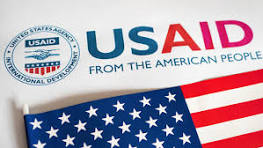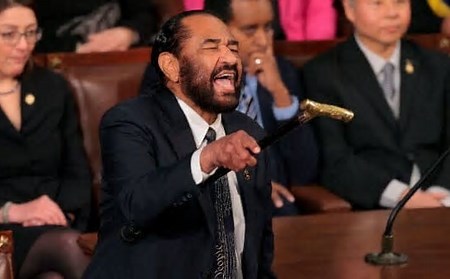The proposal to move the U.S. Agency for International Development (USAID) to the State Department has sparked considerable debate. This article explores the potential advantages and disadvantages of such a move, as well as speculations about ties to various entities.
The Pros and Cons of Moving USAID to the State Department
Pros
- Streamlined Operations: Integrating USAID into the State Department could lead to more efficient coordination of foreign aid and diplomatic efforts. This could enhance the effectiveness of U.S. foreign policy by aligning development programs with diplomatic goals.
- Cost Savings: Consolidating administrative functions might reduce overhead costs, directing more funds toward aid programs or lowering the U.S. deficit.
- Enhanced Accountability: Placing USAID under the State Department would improve oversight and accountability, ensuring that aid programs align with U.S. foreign policy objectives.
Cons
- Loss of Independence: USAID was established as an independent agency to ensure that humanitarian aid is not influenced by political considerations. Merging it with the State Department could compromise its independence and effectiveness.
- Bureaucratic Challenges: Integrating USAID into the State Department could create bureaucratic hurdles, potentially slowing the implementation or cancelation of aid programs.
- Potential Conflicts of Interest: The State Department’s focus on diplomacy and political interests might conflict with USAID’s mission to provide humanitarian assistance based on need rather than political alignment.
Speculations and Questionable Entities
- Intelligence Community: There have been speculations about USAID’s ties to the intelligence community (CIA), particularly concerning its operations in countries of strategic interest. Critics argue that this could lead to the politicization of aid programs. In the 2009 Cuba Program, USAID sent young people from Venezuela, Costa Rica, and Peru to Cuba under the guise of an HIV prevention workshop. This program, referred to as “the perfect excuse,” aimed to organize anti-government activities covertly. The program faced serious risks, including being watched and followed by Cuban security. Washington Times: Democracy Dies in Darkness
- NGOs and Foundations: The Clinton Foundation’s involvement with USAID in Haiti when Hillary Clinton was Secretary of State has raised questions about the influence of private foundations on U.S. foreign aid. Critics argue that such ties could lead to conflicts of interest and undermine the impartiality of aid programs along with the opportunity for abuse. How the Clinton Foundation Got Rich off Poor Haitians -National Review ; How Aid has Failed Haiti – Roots of Development
- Foreign Governments: There are concerns about USAID’s relationships with foreign governments, particularly in regions where U.S. strategic interests are at play. This could lead to accusations of using aid as a tool for political leverage. An example is the connection between Burisma, a Ukrainian energy company, and Hunter Biden. This includes President Biden’s threat to withhold aid to Ukraine. Critics argue that USAID’s involvement in Ukraine could be perceived as politically motivated. There are also accusations of aid not arriving as promised and the possibility of corruption by the Biden administration in Ukraine. Biden’s Ukraine Aid Scandal: Questions Arise Over $174B Promise | US News Live | World News
- Consulting Firms: The involvement of consulting firms in USAID’s operations has been scrutinized for potential conflicts of interest and the influence of corporate interests on aid programs. PBS Agents of Change
- Censorship Complex: Censorship funded by USAID, has raised concerns about the influence of political agendas on information dissemination and media freedom. USAID Dis-information Primer Cover ; USAID dis-information guidelines
- Wuhan Lab and COVID-19: The origins of COVID-19 and the involvement of the Wuhan Lab have been a subject of intense speculation and controversy. Critics argue that USAID’s role in funding research in such labs could be seen as controversial. Rand Paul asks Samantha Power ‘Did USAID Fund Coronavirus Research In Wuhan China?’
- Political control structures like the FJP of the Tide Center, which represents the W.K. Kellogg Foundation, the Ford Foundation, the Gates Foundation, and the George Soros Open Society Foundation. US Prosecutors linked to USAID
While moving USAID to the State Department might offer some benefits in terms of efficiency and accountability, it also raises significant concerns about the loss of independence and potential conflicts of interest. The speculated ties to various entities and the controversial programs further complicate the debate, highlighting the need for careful consideration and transparency in any decision-making process. The Trump administration may have decided it is time for a complete overhaul and may have lost confidence in the management of USAID. It is likely the State Department will take up more responsibility in the implementation of international development projects if USAID is reduced in size or cancelled.




